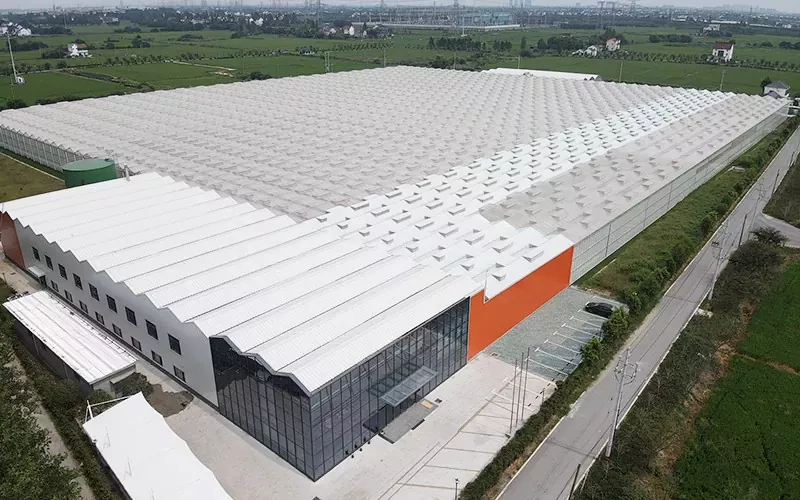How Can Greenhouse Technology Revolutionize Agriculture?
2025-02-13
Greenhouse technology is transforming the agricultural landscape by providing controlled environments that optimize plant growth, improve yields, and ensure food security. As climate change and population growth put pressure on traditional farming methods, greenhouse technology presents an innovative solution to sustainable agriculture. Here are some of the key ways it is revolutionizing the industry.
1. Climate Control for Year-Round Production
Greenhouses create a stable environment where temperature, humidity, and light can be controlled to suit specific crops. This eliminates seasonal constraints, allowing for continuous production throughout the year.
Benefits:
- Increased crop yields
- Consistent supply of fresh produce
- Protection from extreme weather conditions

2. Water and Resource Efficiency
Modern greenhouse systems integrate advanced irrigation techniques like drip irrigation and hydroponics to minimize water usage and reduce waste.
Benefits:
- Up to 90% water savings compared to traditional farming
- Reduced need for fertilizers and pesticides
- Sustainable use of natural resources
3. Protection from Pests and Diseases
Enclosed greenhouse environments reduce exposure to pests and diseases, lowering the reliance on chemical pesticides and promoting healthier crops.
Benefits:
- Improved crop health and quality
- Decreased pesticide use
- Reduced risk of crop loss
4. Increased Efficiency with Automation and AI
The integration of automation and artificial intelligence in greenhouse farming enhances efficiency by monitoring and adjusting environmental conditions in real-time.
Benefits:
- Reduced labor costs
- Optimal growing conditions through data-driven decisions
- Higher productivity with minimal manual intervention
5. Expanding Agricultural Possibilities
Greenhouse technology allows crops to be grown in areas where traditional farming is not feasible, such as urban environments and arid regions.
Benefits:
- Increased food production in land-scarce areas
- Possibility of vertical farming in urban centers
- Enhanced local food security
6. Reduced Environmental Impact
By optimizing resource use and reducing chemical inputs, greenhouse farming contributes to sustainable agriculture with a lower carbon footprint.
Benefits:
- Less land degradation and deforestation
- Lower greenhouse gas emissions
- Promotion of organic farming practices
Conclusion
Greenhouse technology is revolutionizing agriculture by making food production more efficient, sustainable, and resilient against climate challenges. As advancements continue, integrating smart technologies and sustainable practices will further enhance the potential of greenhouse farming, ensuring a more secure and productive agricultural future.


